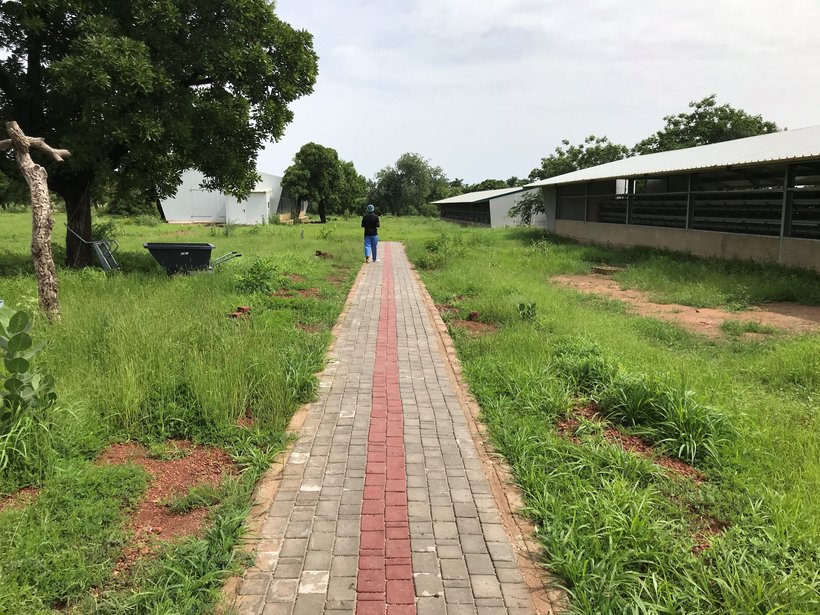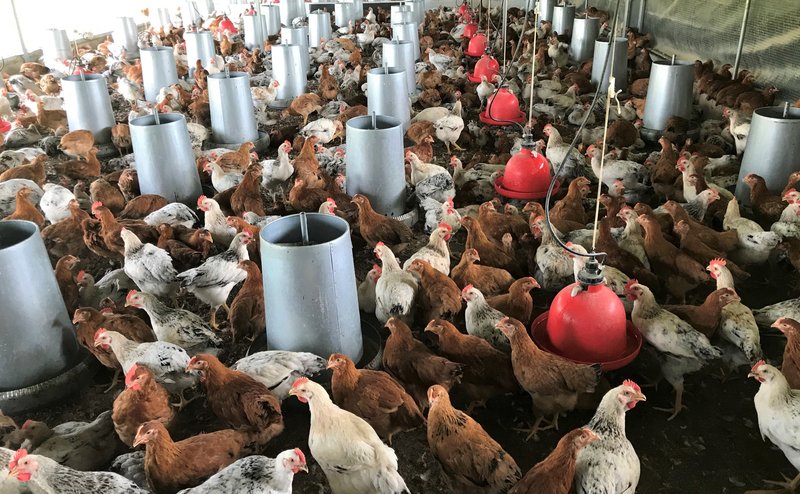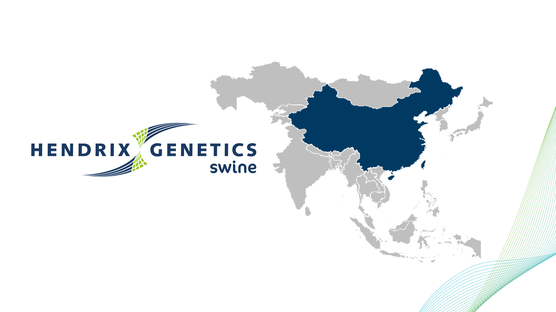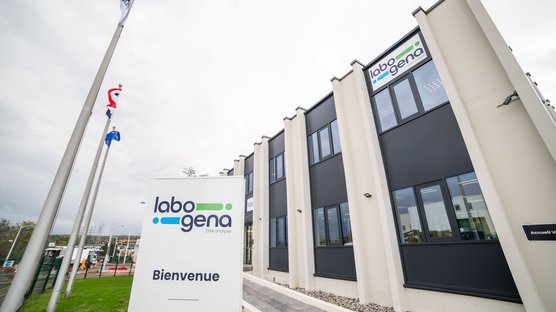
Published on Sept. 11, 2020
Recurrent test to improve SASSO’s birds’ performance under challenging conditions
SASSO is not only thriving in France, but the birds from SASSO are spread across the whole world. In the different parts of the world, our birds can be challenged with local circumstances such as heat, local feed, different diseases and different housing systems.
This is also why we have a variety of different breeds in our portfolio, but this also led to the thought we need to also include the performance of our birds in those challenging conditions into our breeding program.
End 2018, we received the news that the Bill & Melinda Gates Foundation funded the project SAPPSA (Sustainable Access to Poultry Parental Stock for Africa) which is a 5-year project which includes the need to improve the performance of our SASSO birds (selected lines) under African conditions. This project made it possible to make the ‘recurrent test’ come true. This is a way to test our birds in Africa, while maintaining the elite birds in our bio secure facilities in the South of France. For a more complete overview of the goals of SAPPSA you can read it here.
Breeding our pedigree lines
We, at SASSO, breed and select our elite lines in our nice facilities lost in the forest of Landes. There, birds are raised and measured in the best conditions possible. Some summers they have to face quite warm weather conditions, but for a very short period.
Since the beginning of 2020, we have facilities in Burkina Faso, where offspring of out elite birds are tested either for growth or for egg production. Burkina Faso is a country located in the sub Saharan region with tropical climate. A hot and dry season during nearly 9 months and a hot and humid period during the 3 months of the rainy season.
The facilities that we have built, are on the premises of another project we have been committed to since 2016 which is Poulet de Faso. This is another project funded by the Bill & Melinda Gates Foundation where CEVA with the help of SASSO, have started a local sire line (Coq de Faso) which is crossed with a SASSO female to produce more local but more profitable chickens in Burkina Faso. For this project, they started a pedigree farm where the birds are monitored in each stage of their life from hatch to reproduction. The team in charge of this facility has therefore gained a lot of knowledge and confidence to be able to take care of our recurrent test birds, but also guarantee reliable data.
What is recurrent testing?
How does it work? We don’t send our elite animals directly to Burkina Faso, but a cross between the line we want to test and another line (protection of our IP). They are hatched at our facilities in France and send by plane to Burkina Faso. We can identify each bird and we know their father. These fathers are the elite animals that we will use to select the best for the next generation of that elite line.
Our major male commercial lines are reared for the time they reached their usual sales body weight. Weights are measured multiple times and because the birds have an RFID (sensor in their wing band), the scale automatically connects the weight and animal ID and stores this data. After the data is collected, the data will directly be synchronized with our database in France so the data is available and safely stored within days of the time of measurement.
For our female line, we also record egg production. For egg production we keep small families together (we know the father) and on a daily basis we record the egg production and if present mortality of birds. All birds are reared in open houses, they have to face the challenging weather conditions.

Adapting our birds’ performance to local conditions
Traits such as body weight, mortality and egg production are carefully individually registered in order to enter those performances in our data base FlexyBreed, where we can relate their performance to the elite lines. We see big difference between the performance in France (nice environment) and in Burkina Faso (challenging environment) and those differences can also be explained by differences between families (genetical differences). Some families (offspring of one father) will grow very well in France, but will have a poor performance in Burkina Faso, while others have good performance in both environments. This gives us the right tools to also select animals in France for their (assumed) performance in Burkina Faso! Our clients will in the near future experience improved performance of our commercial crosses in the field (growth, egg production for dual purpose and improved livability). It will take at least 2 years before the results from the recurrent tests have filtered through to the client level, but it is coming!
SASSO within Hendrix Genetics is showing again using these recurrent tests, its commitment to be the leader in traditional poultry.



